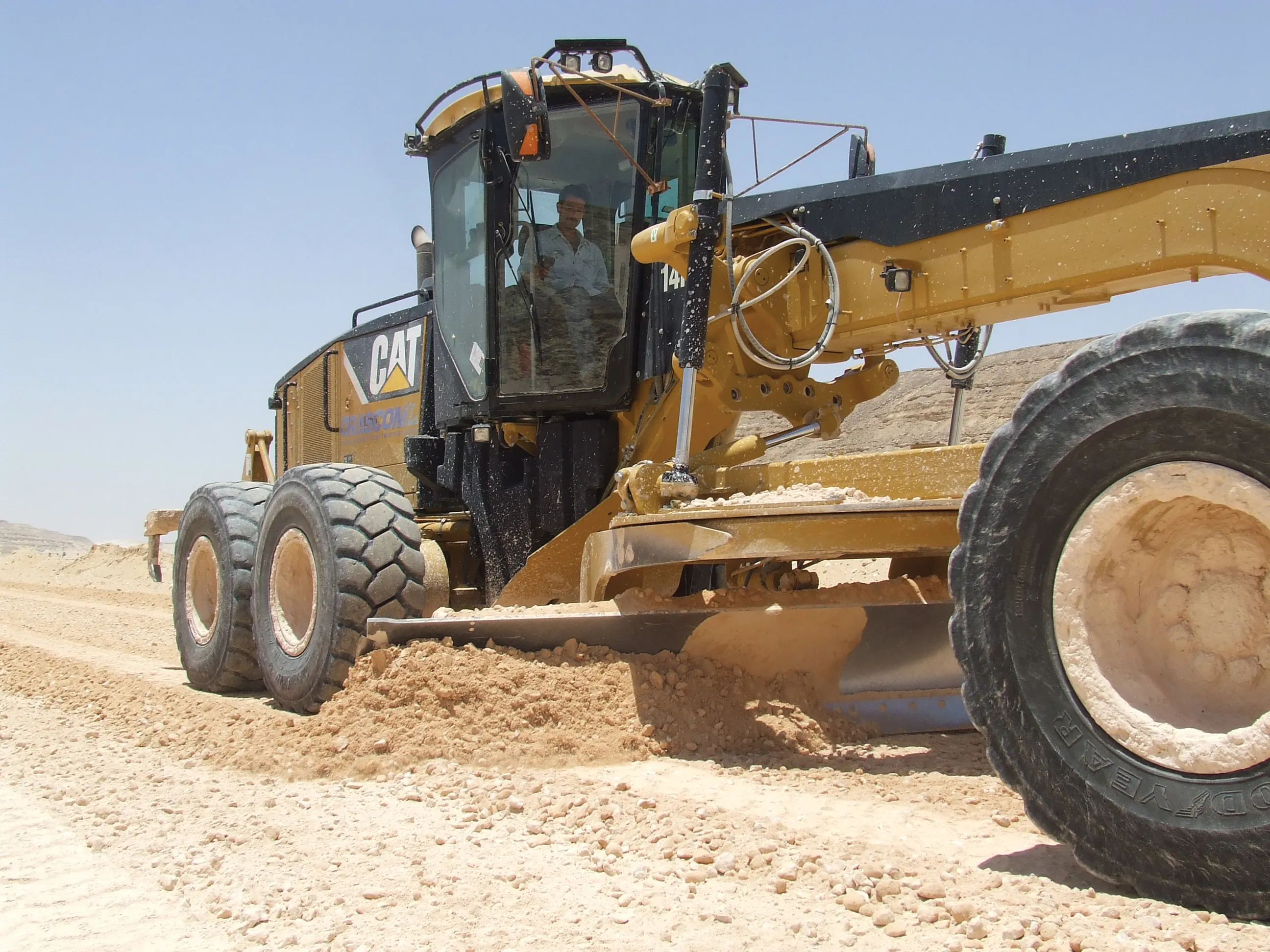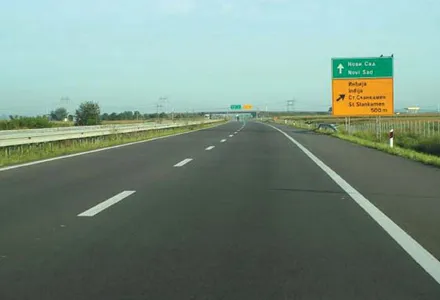Work to construct a new stretch of Hungary’s M43 highway, linking Mako and Csanadpalota/Nagylak on the Romanian border, is costing some €212 million. The cost of the work is being split 39% and 61% by Hungarian state funds and EU funding respectively. Construction work on the 23km long section will be completed by the end of 2014. The project has to be approved by the European Commission (EC), as it will form part of the trans-European transport network (TEN-T). Plans are to be submitted to the EU by the Hu
April 25, 2012
Read time: 1 min
Work to construct a new stretch of Hungary’s M43 highway, linking Mako and Csanadpalota/Nagylak on the Romanian border, is costing some €212 million. The cost of the work is being split 39% and 61% by Hungarian state funds and EU funding respectively. Construction work on the 23km long section will be completed by the end of 2014. The project has to be approved by the 2465 European Commission (EC), as it will form part of the trans-European transport network (TEN-T). Plans are to be submitted to the EU by the 5263 Hungarian National Development Agency (NFU).







